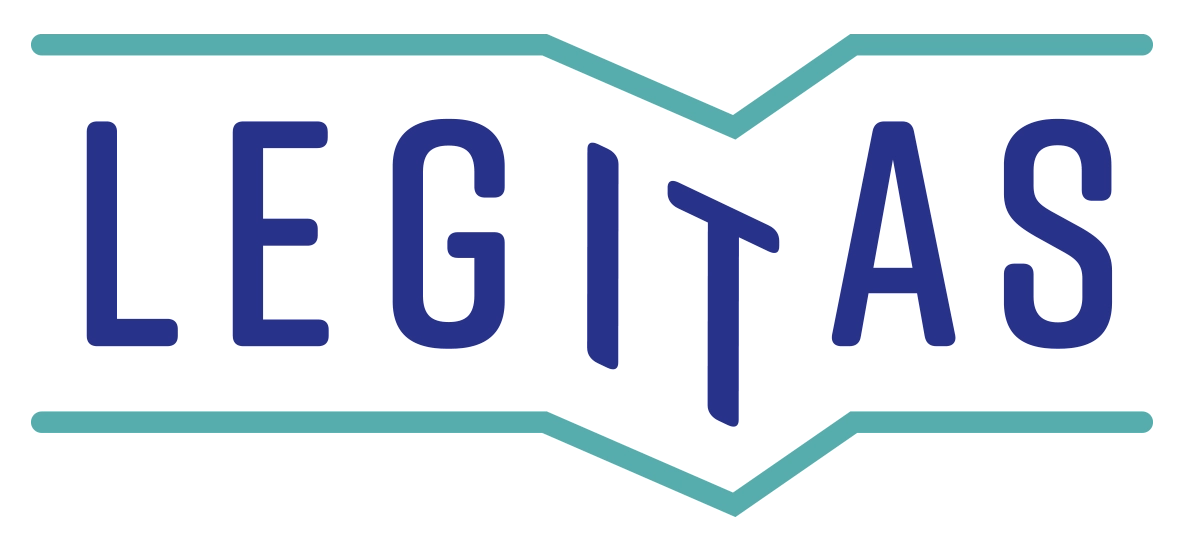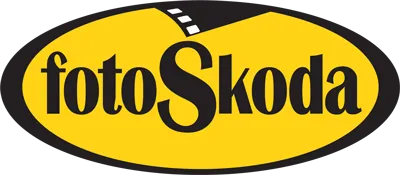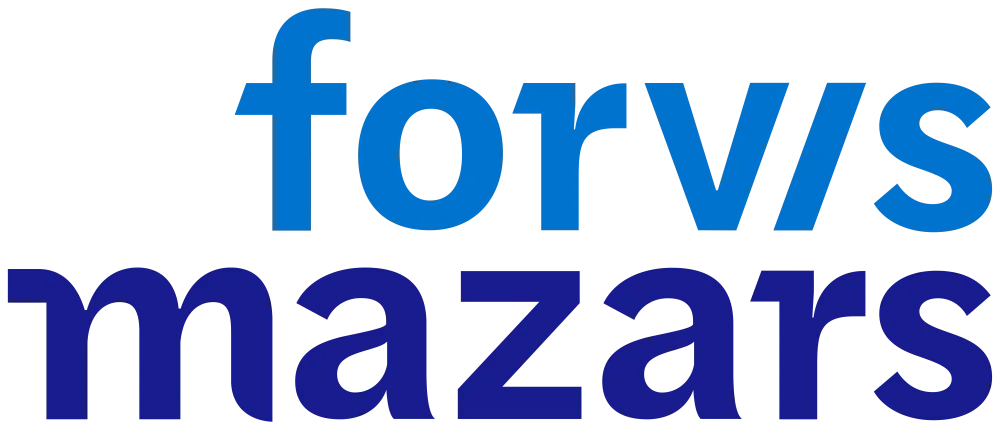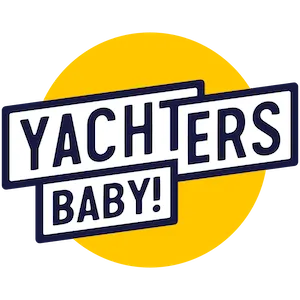Published:
Immediate transfer of information, traceability of the work with the task (who completed it, who changed the deadline) and a quick overview of the projects - these are issues without which PROFIFLEX can no longer imagine any implementation of shading technology. With Freelo, they provide customers with such design support for atypical projects that the competition is not up to it.
In PROFIFLEX they started with internal communication like most companies, i.e. via telephone, Excel, erasable board and e-mail. But a lot of things got lost there for good. Plus they grew every year, so it wasn't sustainable at all. So in 2017, they started looking for a tool to really get their contracts under control.
”At some point, we became ”copiers and forwarders of data”. It started to hold us up and our efficiency was declining. There was no other way but to start looking for a system that would help us with this.”
The choice then fell on Freelo because:
Freelo has fulfilled expectations and now PROFIFLEX is the largest company for the implementation of shading technology on building contracts in the Czech Republic.
They create a new project for each order, where the whole company communicates from sales, through production with implementation, the warehouseman and the whole process ends in the finance department. All these people have their dedicated To-Do sheets, labels and a clearly defined project workflow.
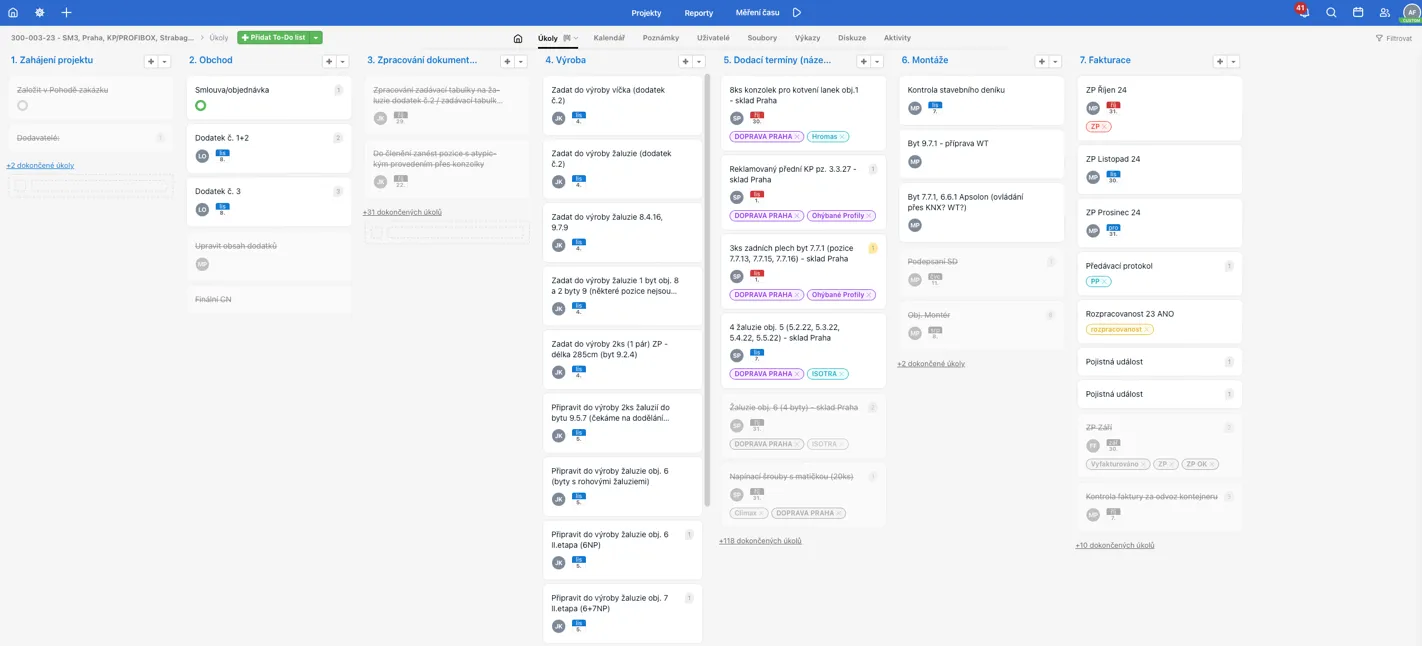
Thanks to the fact that they communicate about all orders in Freelo, just looking at the list of projects gives them a bird's eye view of what is currently in progress and what is finished.
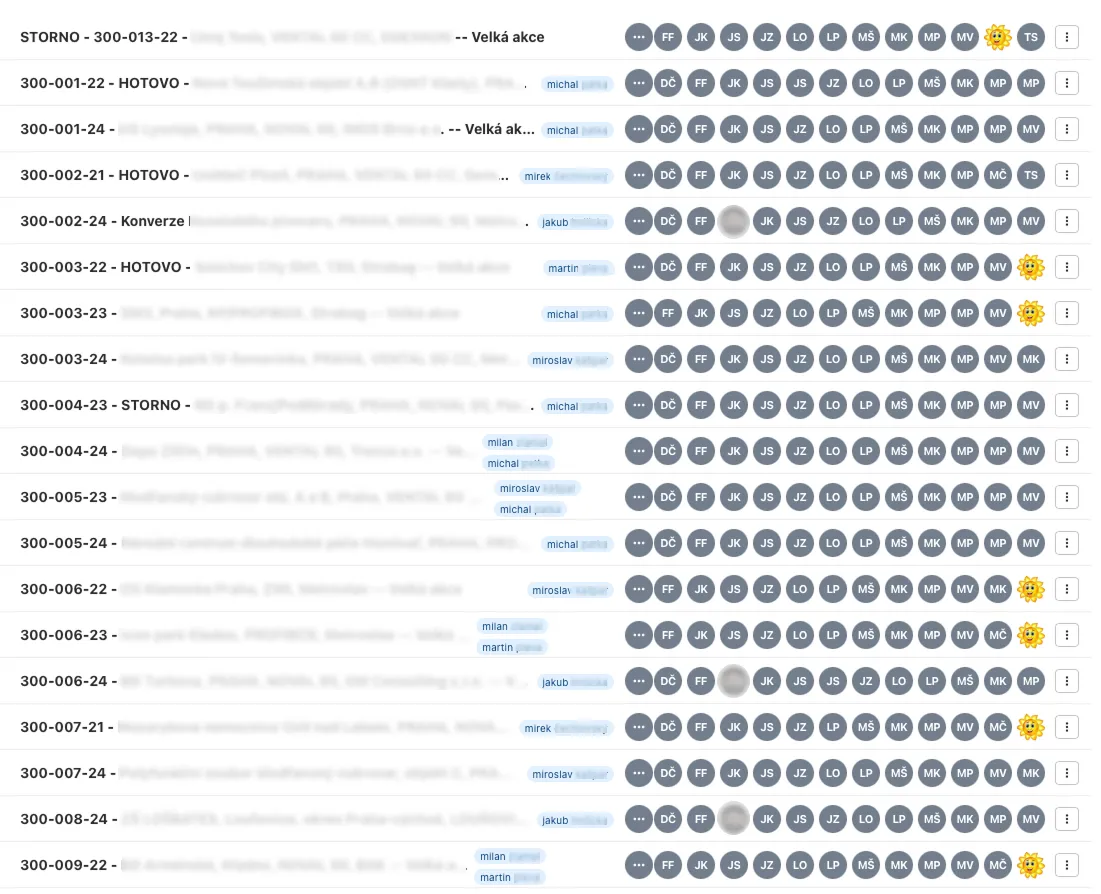
Templates work great for onboarding new team members.
Because PROFIFLEX creates new projects from a template, it is a matter of moments, the projects have a standardized form and nothing is forgotten.
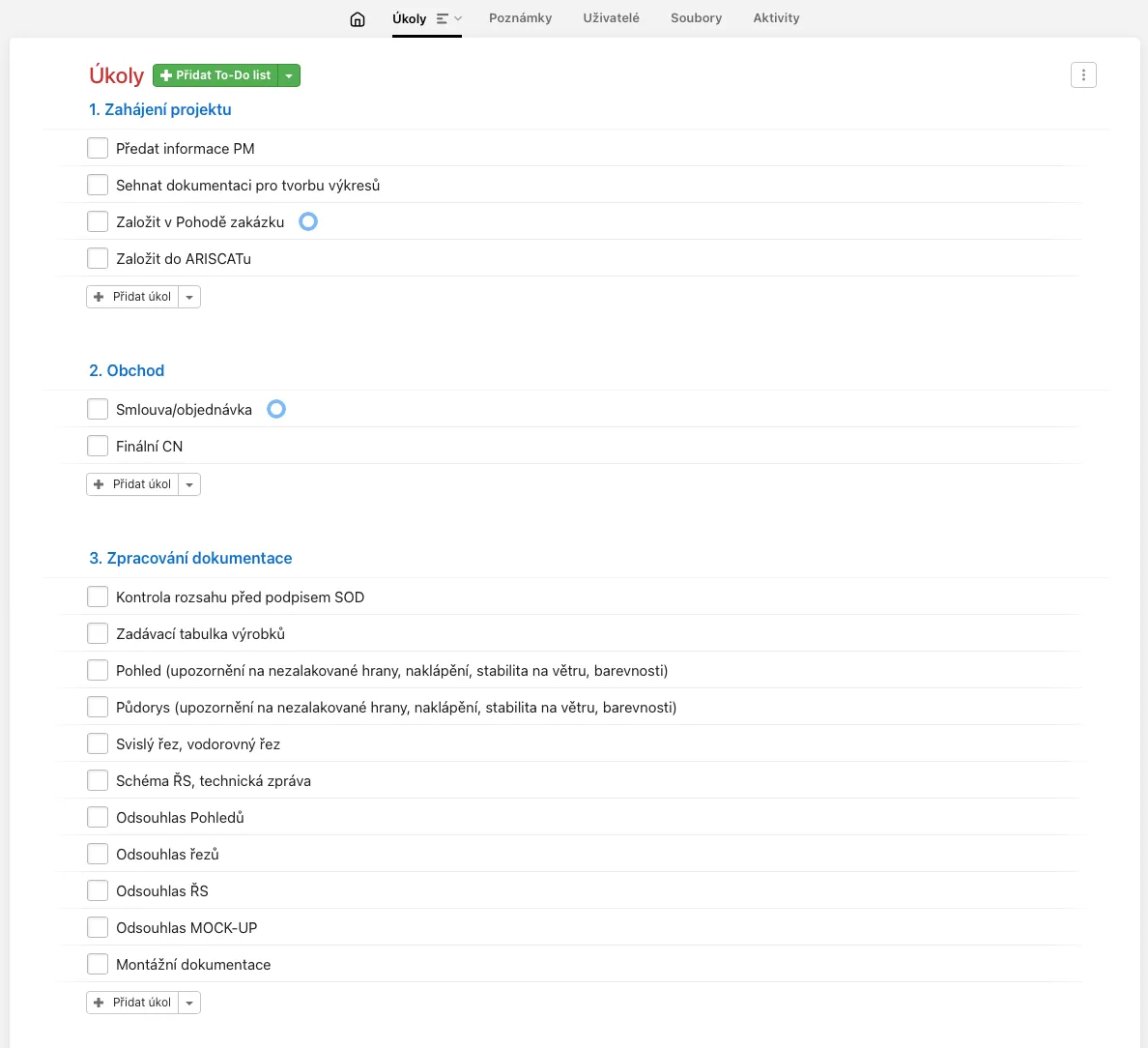
Individual departments then deal with the tasks that need to be handled within each contract. The Task Description makes it clear what needs to be done. They also set the solver and deadline, or priority, for the tasks.
”It is important that each task has a solver and a deadline for completion.”
The history of changes is saved so that they can later trace who made changes to any of the attributes. A discussion can take place right at the task when colleagues need to ask questions.
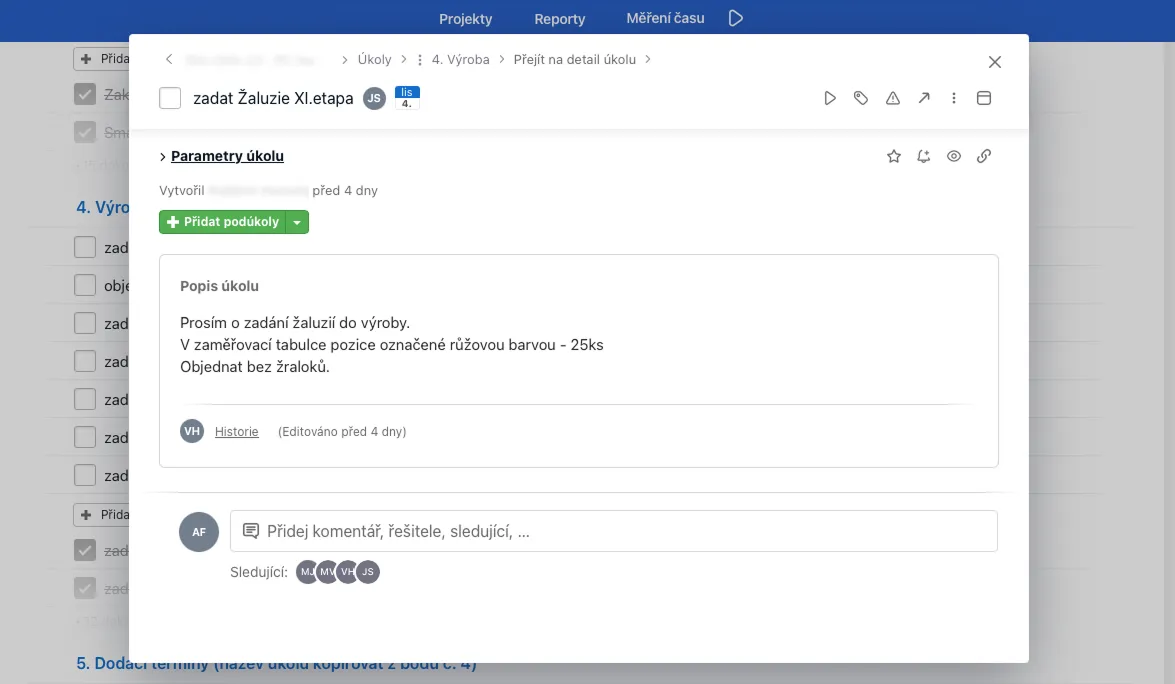
In addition to projects where project = contract, they also have other projects that relate to, for example, the running of the department. They have also set up training processes and guidelines that clearly define how to work with Freelo, which helps especially newcomers.
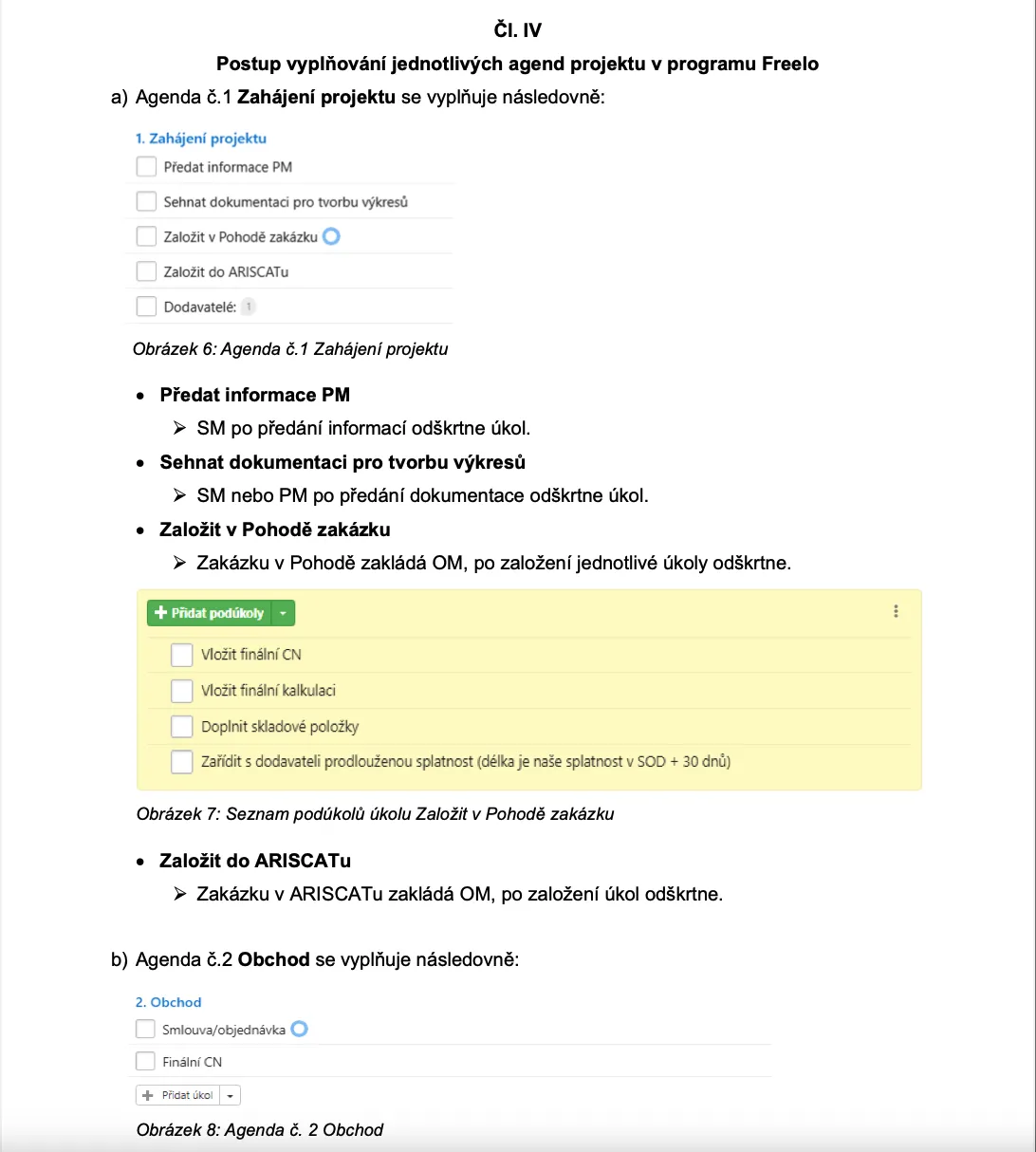
When Freelo was introduced, the reactions were mixed. It was new and people were worried. As part of the Freeelo rollout, they mapped out processes and adjusted them where necessary. So it was a longer-term thing. David Cechman says that at the time they could afford trial and error and were inspired by articles on the Freelo blog. In today's size, he says they would approach it with more preparation.
In addition to a free consultation, we offer assisted onboarding, during which an experienced consultant will help management develop a plan for implementing Freelo, including preparing for onboarding users into ”live” projects. All this within a few weeks to months (depending on the needs of the company).
”The team members accept Freelo brilliantly. They understand that we can't move forward without it and that it saves them a tremendous amount of time.”
They work with Freelo on a daily basis both asynchronously and together in meetings as needed in the department. Either way, a properly assigned task is only in Freelo.

”A task without a deadline, as if it didn't exist. A task without a solver, as if it didn't exist. Don't invent complex project structures in Freelo until you've mastered the basic functionality.”



